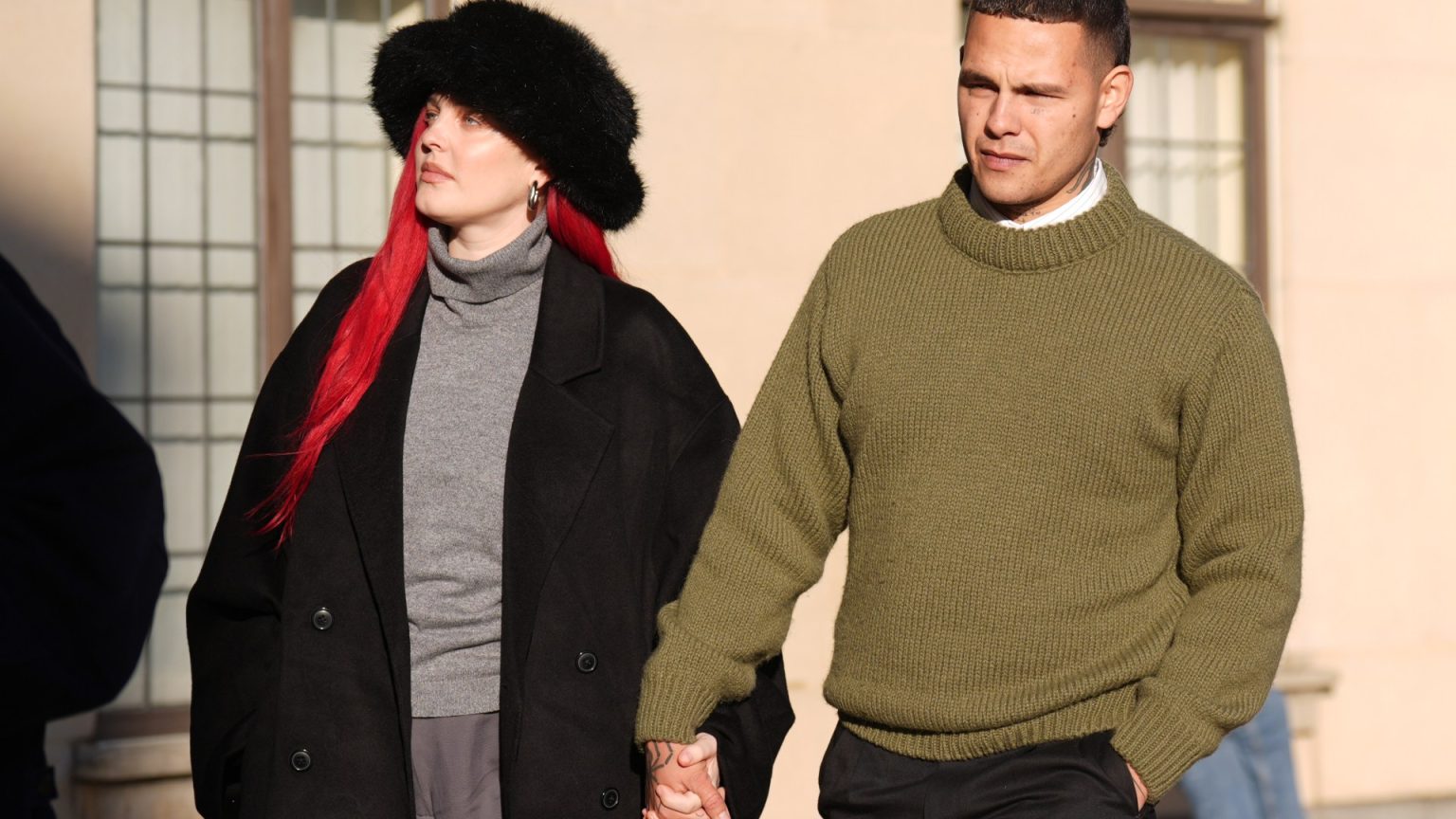Tyron Kaymone Frampton, the British rapper professionally known as Slowthai, has been acquitted of three counts of rape following a trial at Oxford Crown Court. The charges stemmed from an incident following a gig at The Bullingdon music venue in Oxford on September 7, 2021. Frampton, along with co-defendant Alex Blake-Walker, was accused of raping two women at a house party after the performance. The prosecution alleged that Frampton and Blake-Walker instigated a “no phones and no boys” rule, isolating the women from their friends before sexually assaulting them. The prosecution’s case further claimed that the alleged assaults occurred simultaneously, with the two men discussing “swapping the girls.” The alleged ordeal reportedly ended only when they were interrupted, prompting Frampton to jump from the roof of the house into a garden below.
The defense argued that while sexual activity did take place with the two women, it was entirely consensual. Both Frampton and Blake-Walker vehemently denied the rape allegations. The jury, after deliberating for ten hours, returned not guilty verdicts on all three counts of rape against both men. Blake-Walker was also cleared of a separate count of sexual assault. Upon hearing the verdict, Frampton, who was visibly emotional throughout the trial, broke down in tears. His wife, singer Anne-Marie, who had been a constant presence by his side during the proceedings, sighed with relief. This outcome marks a significant turning point in Frampton’s life and career, which had been overshadowed by the serious allegations since they surfaced.
The allegations against Frampton and Blake-Walker were serious and had the potential to drastically alter the trajectory of their lives. The prosecution painted a picture of predatory behavior, claiming the two men orchestrated a scenario to isolate and take advantage of the two women. The “no phones and no boys” rule, the alleged discussion of “swapping the girls,” and the claim that the music was turned up to mask any sounds from the roof were all presented as evidence of a premeditated plan. Had the jury believed the prosecution’s narrative, Frampton and Blake-Walker could have faced significant prison sentences and irreparable damage to their reputations.
The defense, however, presented a different interpretation of the events. They maintained that the sexual activity was consensual, challenging the prosecution’s depiction of manipulation and coercion. The jury’s decision to acquit Frampton and Blake-Walker suggests that they found the defense’s arguments more persuasive, or at least that the prosecution failed to prove their case beyond a reasonable doubt. The ten hours of deliberation underscore the complexity of the case and the serious consideration given to the evidence presented by both sides.
The trial and its outcome have undoubtedly taken a toll on all involved. For Frampton, the allegations represented a significant threat to his career and public image. The Grammy-nominated artist, known for his 2019 album “Nothing Great About Britain,” had been building a successful career in the music industry. The charges brought considerable negative attention and put his future projects in jeopardy. The acquittal allows him to move forward, albeit with the experience of a highly publicized trial undoubtedly impacting his life.
The case also highlights the importance of due process and the presumption of innocence. Despite the serious nature of the allegations and the public scrutiny that followed, Frampton and Blake-Walker were afforded the opportunity to defend themselves in court. The jury’s verdict serves as a reminder that accusations alone are not sufficient for conviction and that the burden of proof rests with the prosecution. While the legal proceedings have concluded, the impact of this case will likely resonate for some time, underscoring the complexities of consent and the challenges faced by both accusers and the accused in cases of sexual assault.











